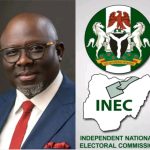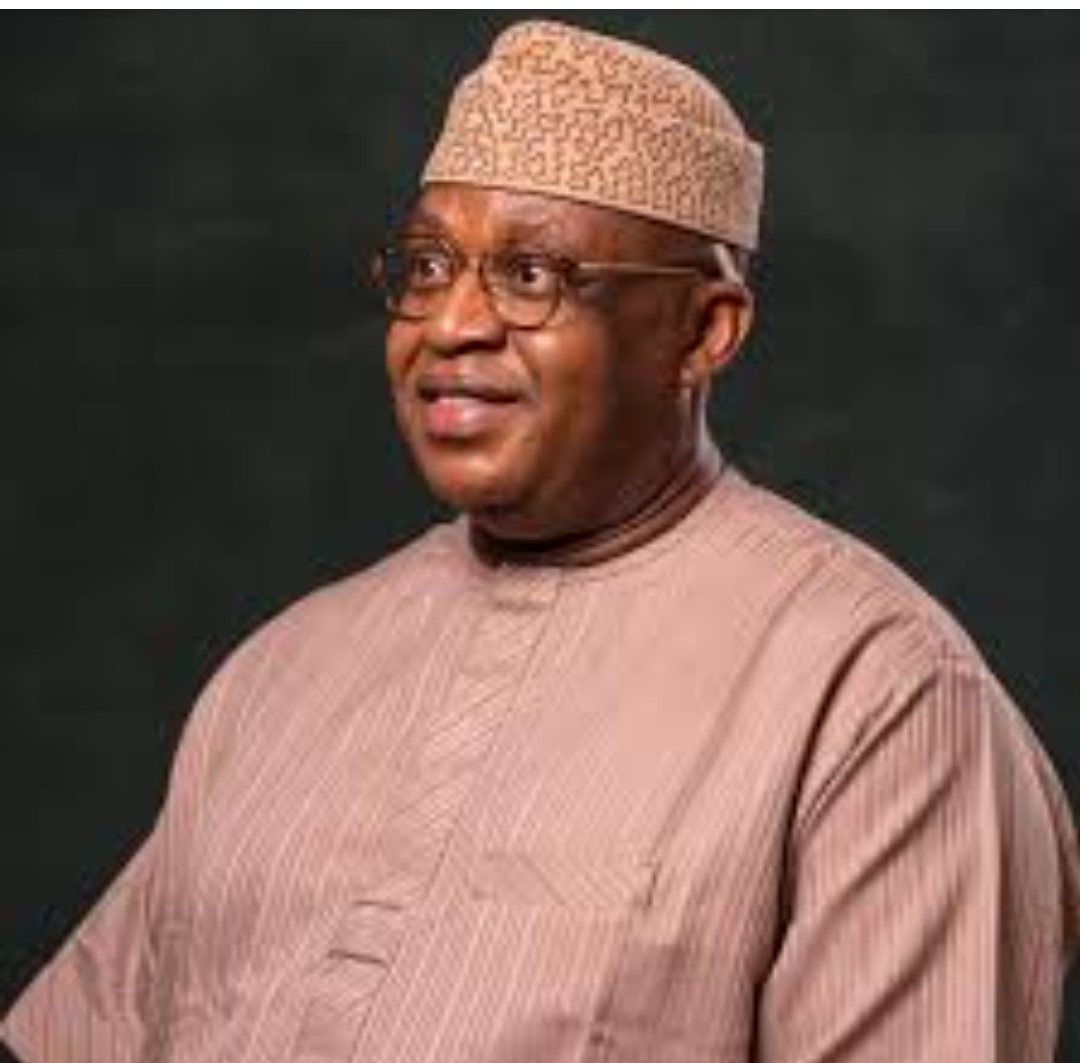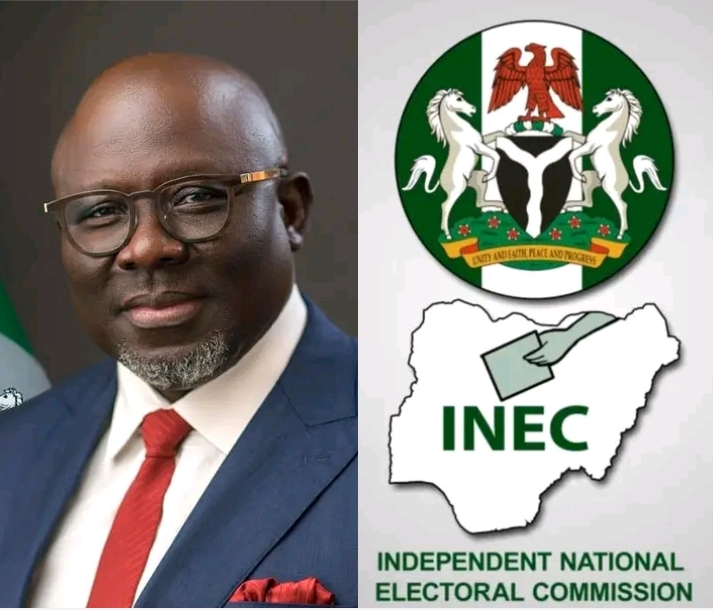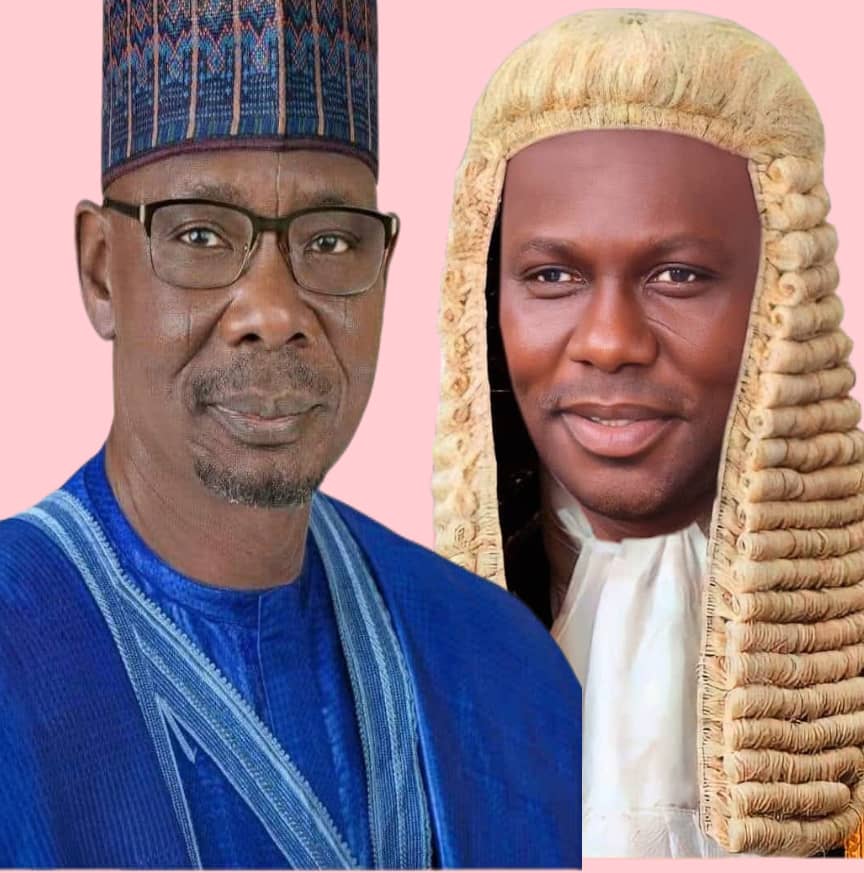Allow Orbih to Focus on Ambrose Alli University as Governing Council Chairman
…All illicit distractions must stop now
By Elempe Dele
The most unfortunate demise is being inconsequential, existence will persist as a struggle as long as those aspiring to relevance dwell in the shadows of those perpetually dominant.
This is the situation with those who are complaining about the appointment of Chief Dan Osi Orbih as the Chairman of the Ambrose Alli University, AAU, Governing Council.
The highly deserved appointment has sparked widespread bitterness among insignificant politicians in Edo State who are facing imminent dismissal from the political arena. Nevertheless, this ingrained jealousy has been unable to erase the characteristic smile of the Esama of Uromi, Gbenemene Tua Tua 1, the Kulukulu 1 of Ogoniland, the Eze Oha 1 of Mburubu, Enakhaimhoi of Anegbete, Agbokhaivho the 2nd of Avianwu Clan, and the Oduma of Uzaire, Chief Orbih. Whether or not one agrees, Chief Orbih has unequivocally earned his rightful position in Nigeria politics, boasting a deeply rooted foundation that cannot be dismantled by baseless criticisms.
As of today, Chief Dan Orbih is one of the most prolific politicians from Edo State, and his influence transcends party lines. His eternal focus is to work towards the greater good of the people, a rare quality that has endeared him to thousands of people in Edo State and beyond.
I will not expend excessive effort in addressing the unfounded criticisms of detractors, slanderers, and vilifiers who seek to discredit Chief Orbih’s appointment from the comfort of their homes. Instead, my focus will be on highlighting his potential to revitalize AAU, which suffered institutional decline over the past eight years under Governor Obaseki’s leadership.
Chief Orbih has a substantial task ahead, and I hope he resists distraction from those who imagine themselves capable of determining his appointment selections. What he needs is targeted attention to rejuvenate the institution of learning, which deteriorated under the previous administration.
Orbih’s first task this new year is to convene a frank meeting with stakeholders, including representatives of the academic and non-academic staff, to obtain firsthand information about the challenges currently facing the institution. Thankfully, the current Governor, Senator Monday Okpebholo, has approved an increased subvention of five hundred million for the institution, designed to address the financial backlog left by the previous administration. This unprecedented intervention is expected to have a profound impact on the institute’s infrastructure, research capabilities, and overall academic excellence, and will also serve as a catalyst for transformative growth and development.
Chief Dan Orbih’s leadership necessitates that the Governing Council be strategic in determining the educational character and clear academic direction of the institution. The Council must define the mission, strategic aims, and Strategic Framework of the institution, as well as the key performance indicators of higher educational institutes.
Effective governance necessitates that the Council consistently delegates responsibilities to the institution, oversees projects, ensures adherence to due process, and holds the Vice-Chancellor accountable as Chief Executive for managing the institution’s academic, corporate, financial, estate, and human resources. The Council must also develop and periodically review policies, procedures, and limits governing the institution’s management functions, which the Vice-Chancellor will oversee upon appointment.
The Council is responsible for establishing and monitoring control and accountability systems, including financial and operational controls, solvency and risk assessment.
The Council must establish processes to monitor and evaluate the institution’s performance and effectiveness in its major activities, in light of approved targets.
“As the principal financial and business authority, the Council is responsible for ensuring the institution maintains accurate financial records, approving the annual budget and financial statements, and overseeing the institute’s assets, property, and estate. The Governing Council must also ensure the institution’s financial sustainability and efficient resource utilization for the benefit of its students and stakeholders.”
The Council, in its role as legal authority, will need to ensure the institution has adequate systems in place to meet its legal obligations, including contractual and other commitments. This includes maintaining accountability for health, safety, and security, as well as promoting equality, diversity, and inclusion.
“To guarantee the institution’s continued compliance as a higher education provider, the Council must verify that systems are in place to meet the Office for Students’ (OfS) ongoing registration conditions and all relevant statutory, legal, and regulatory requirements.”
The Council is responsible for developing procedures to handle internal grievances, conflicts of interest, fraud, bribery, and corruption. It must also provide mechanisms for Staff and Students to express concerns in a civilized and respectful manner, consistent with the standards of an institution of higher learning. Moreover, the Council must directly address the recurring issue of sex-for-marks in academic institutions.
The Council must establish processes to monitor and evaluate the performance and effectiveness of the Governing Council itself. Its self-appraisal is as important as the appraisal of the institution.
The Council under Chief Orbih is expected to conduct its business in accordance with best practice in higher education corporate governance and with the principles of public life.
The Council must pay keen interest in the appoint of the Vice-Chancellor and also put in place arrangements for monitoring their performance, ensuring that, in relation to the Council, there is an appropriate separation of her/his lines of accountability from any management functions.
The Council must ensure that all students and staff have opportunities to engage with the governance and management of the institution in a way that will foster peaceful coexistence.
The Council, I am sure, will have a say in the employment process of staff and be accountable for ensuring that an appropriate human resources strategy is established.
The Council must make sure that there is provision for the appointment, grading, appraisal, remuneration, professional development, welfare, discipline, suspension and dismissal of staff( both academic and non-academic)
The Council must make sure that students benefit from valuable learning experience, leading to academic awards which will be subject to the application of appropriate academic standards.
Under students management, the Council must make sure there is a complaints procedure which students may use and procedures which are used in the event of alleged student disciplinary offences, and there must adequate provision for student walfare. The Council must make sure that the institution’s Students’ Union(SU) is accountable for its finances and that it operates in a fair and democratic manner without undue interference.
AAU has produced notable names in all spheres of endeavour in Nigeria. It is within the duty of the Council to safeguard the good name and values of the institution by promoting its foundational ideals.
I have no doubt that Chief Dan Orbih, who is known for welcoming diverse ideas, will use this medium to serve Edo State by repositioning AAU for greater heights. So instead of unnecessary envy, let us join hands together to make sure he succeeds in this onerous task.










